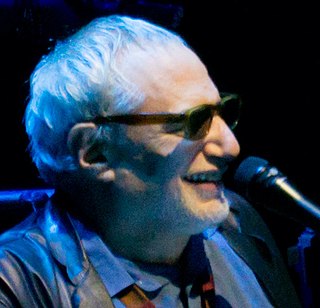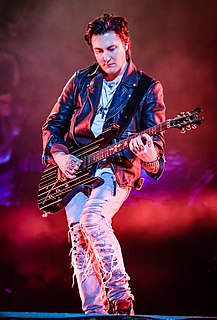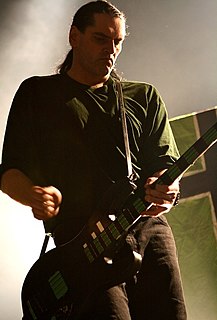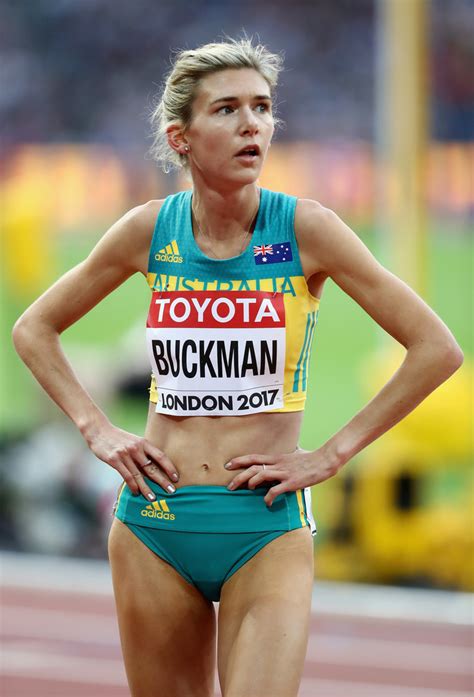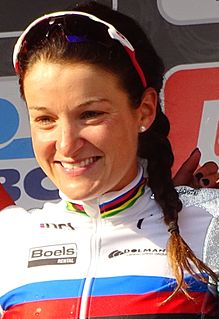A Quote by Donald Fagen
I'm starting to get older, and began to think about mortality a little more. My mother died in 2003 and that was a big shock. When your parents start to die off, that's going to be a revelation. So for me, this album - although it might sound quite cheery - is really talking about death.
Related Quotes
I don't think so much about verbal comedy. I always think about visual comedy. I was raised watching silents, and I'm always thinking about how to make cinema, not good talking - although I want good talking. I'm much more interested in framing, composition, and orchestration of bodies in space, and so forth. My goal is always what Chuck Jones wanted his Warner Brothers cartoons to be, which was if you turn down the sound, you could still tell what's going on. I think if you watch most of my films with the sound off, you could still tell what's going on.
There are no atheists in foxholes, they say, and I was a foxhole atheist for a long time. But after going through a midlife crisis and having many things change very quickly, it made me realize my mortality. And when you start to think about death, you start to think about what's after it. And then you start hoping there is a God.
I had the experience of having my grandmother in a nursing home at the end of her life, and had dementia set in with my father. He was in a nursing home with dementia at the end of his life, but it happened for me personally 10 years ago. My father was much older than my mother, so I experienced it as a pretty young person. People's parents die at various ages, but my father died of mortality. He died of being an old person. Illness and stuff happened, but essentially, he was old and he was going to die.
It's really a trade-off: you're always having to decide whether you're going to say the more ambitious thing, and lose a little clarity - or are you going to say something really clearly, and sacrifice a little nuance? Get too obscure, and you sound like a pretentious asshole; go overboard with the clarity, and you sound like you're talking down to your audience, or like you yourself are a reductive simpleton.
You know, your first album is about really amazing things. Your first album is always about coming of age, first love, first loss, usually you suffer a first loss of someone that you love to death, even, you know, really big life lessons, things you learn from your parents' divorce or from the travels that you took.
Her mother died at the age of 29, essentially turning her face to the wall and deciding to die. And so we can only imagine the agony she felt. And Eleanor Roosevelt really wanted to make her mother happier, and - and to make her live, you know, make her want to live. And there's something about, you know, when your mother dies, this sense of abandonment. I think Eleanor Roosevelt had a lifelong fear of abandonment and sense of abandonment after her parents' death.
Obviously, as you get a little older, you are not going to be quite as quick or quite as strong, and so I might be regarded by some as the underdog... There is actually a statue of Big Ben and I in Perth, Ont., and I was on a Canadian stamp once, and normally you have to be dead to do either of those things, and, well, here I am, still going.
